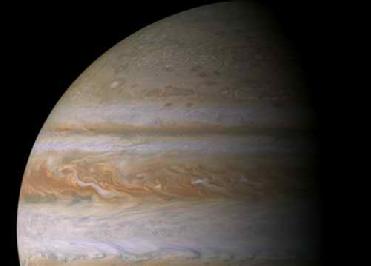
Image of jupiter taken by NASA's Cassini spacecraft. NASA photo
NEW YORK (BNS): A team of astronomers led by Rochester Institute of Technology Professor said that planets could easily be formed around certain types of twin (or binary) star systems.
In a paper published in the December 2008 issue of Astronomy and Astrophysics, Joel Kastner and his team have said that a disk of molecules discovered orbiting a pair of twin young suns in the constellation Sagittarius. This strongly suggests that many such binary systems also host planets, they said.
Kastner said that the molecular gas orbiting these two stars almost literally represents �smoking gun� evidence of recent or possibly ongoing �giant� (Jupiter-like) planet formation around the binary star system.
The astronomer used the 30-meter radio-telescope operated by the Institut de Radio Astronomie Millimetrique (IRAM) to study radio molecular spectra emitted from the vicinity of the two stars in a binary system called V4046 Sgr, which lies about 210 light-years away from the solar system. (V4046 Sgr is the 4046th brightest variable-brightness star in the constellation Sagittarius.)
They found in large abundance raw materials for planet formation around the nearby stars, including circumstellar carbon monoxide and hydrogen cyanide, in the noxious molecular gas cloud.
Throwing more light on the young stars, approximately 10 million years old, the researchers said that the stars are in close proximity and orbit each other once every 2.5 days.
�In this case the stars are so close together, and the profile of the gas in terms of the types of molecules that are there is so much like the types of gaseous disks that we see around single stars, that it�s a real link between planets forming around single stars and planets forming around double stars,� Kastner said.
Planets that have just formed around young stars like the V4046 Sgr twins might leave leftover gas, which is a potential clue for astronomers who hunt for planets. Not a planet hunter himself, Kastner encourages other scientists to look closely at V4046 Sgr to see if planets are forming around them.
�We really don�t have any idea right now about what kinds of planets form around double stars or even if planets can form around double stars. It�s not something that�s established. It�s theoretically possible, but I�m not aware of a single observation yet of a planet orbiting a double star. I hope someone will go looking soon, if they haven�t already, around V4046 Sagittarius,� Kastner said.
 Previous Article
Previous Article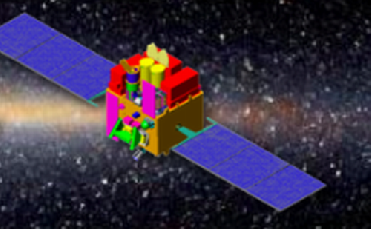 Next Article
Next Article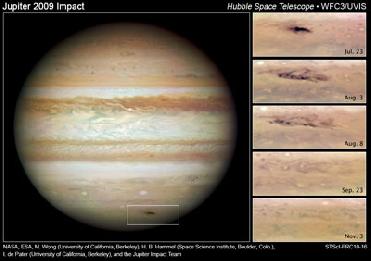
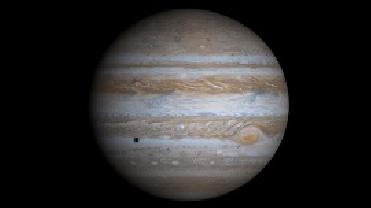
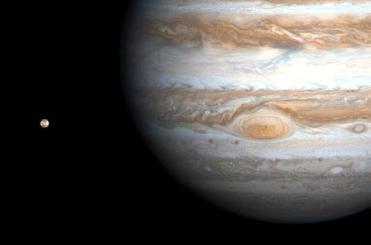
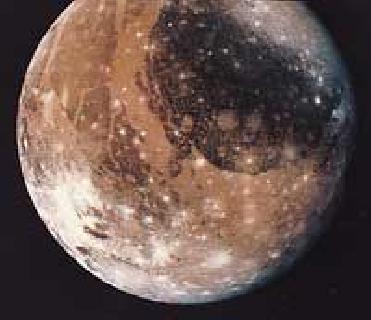










The Indian Air Force, in its flight trials evaluation report submitted before the Defence Ministry l..
view articleAn insight into the Medium Multi-Role Combat Aircraft competition...
view articleSky enthusiasts can now spot the International Space Station (ISS) commanded by Indian-American astr..
view article